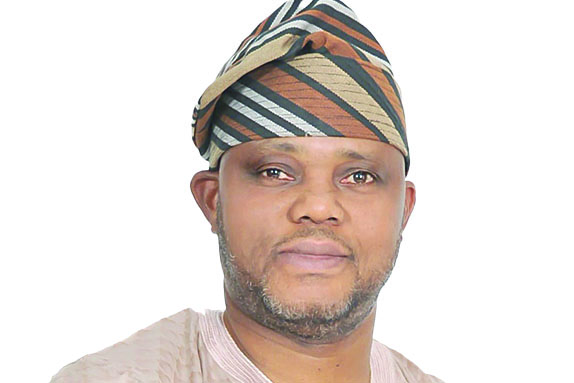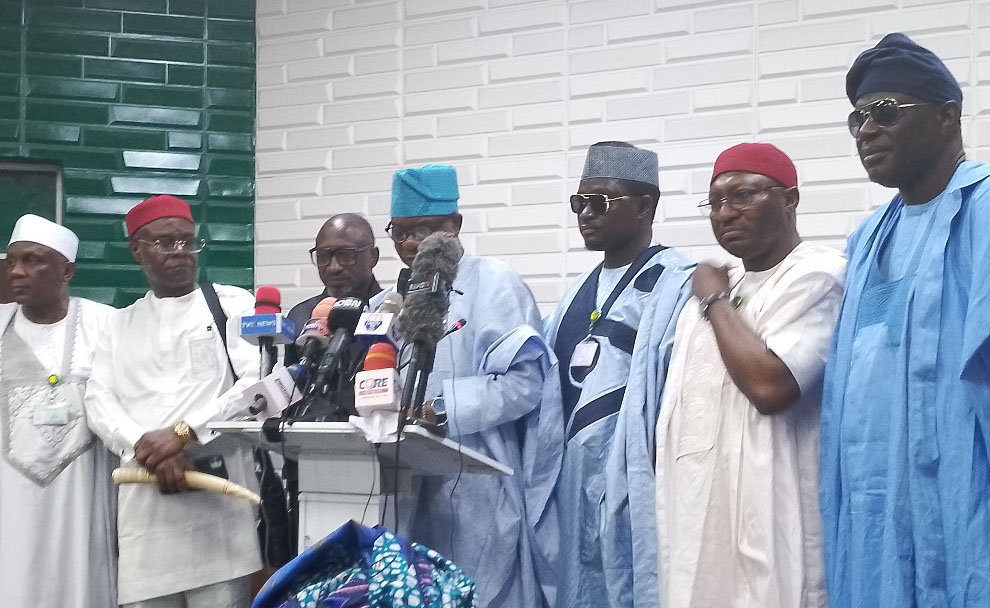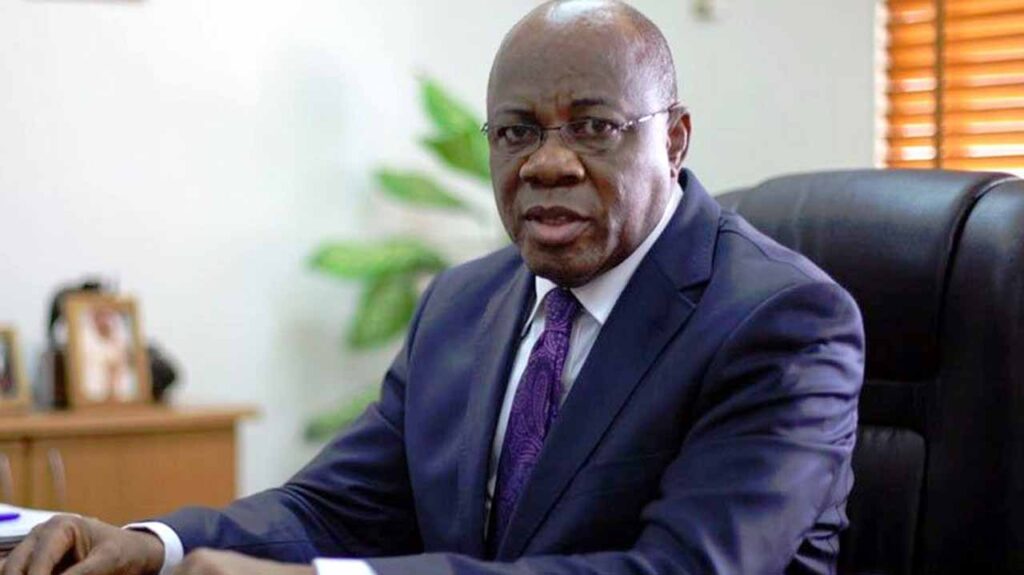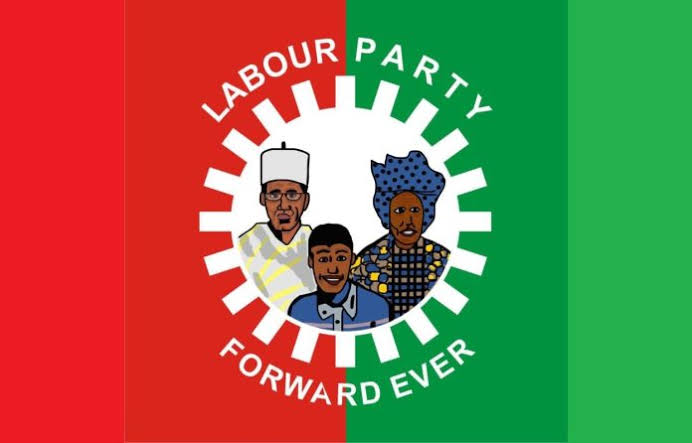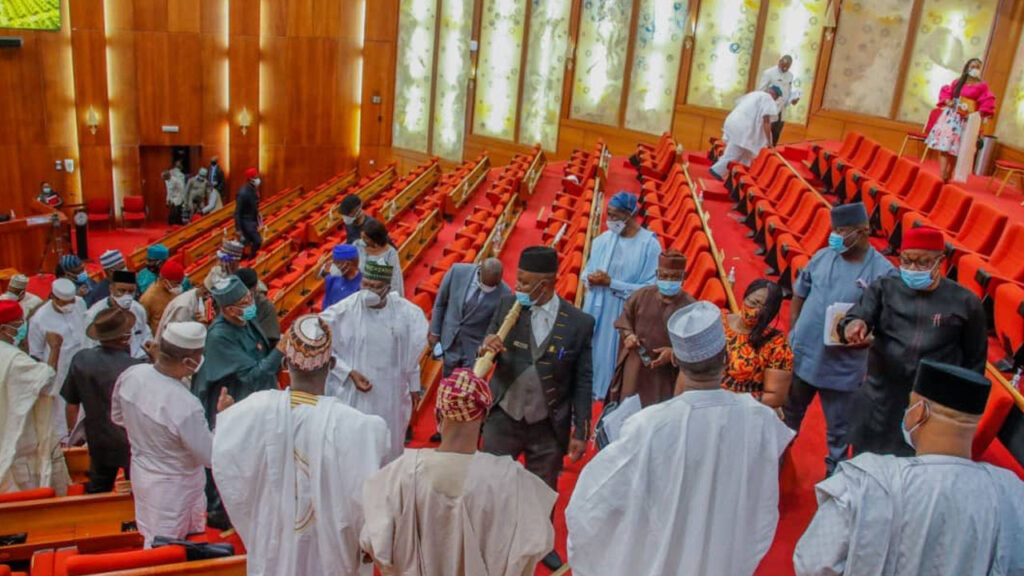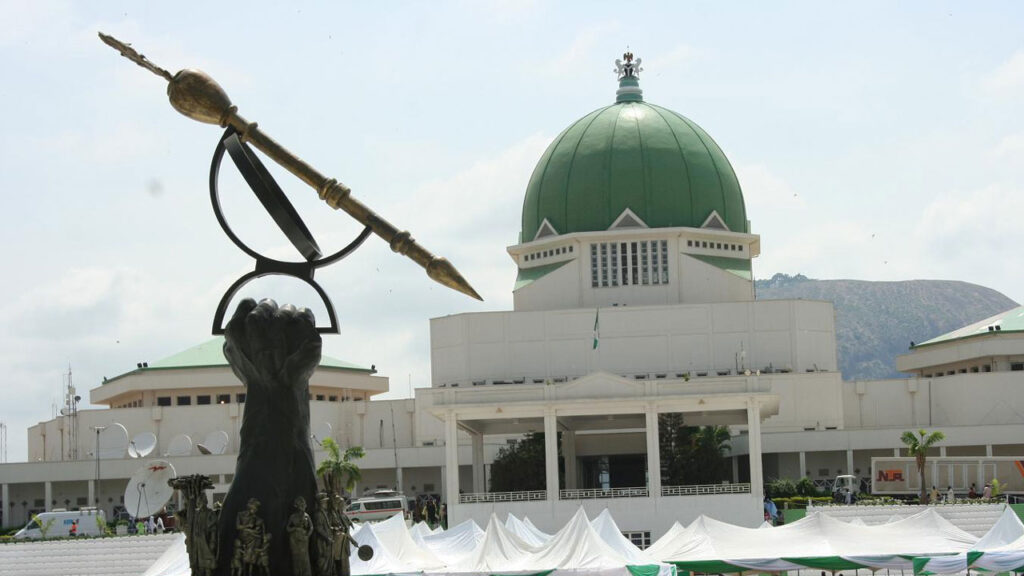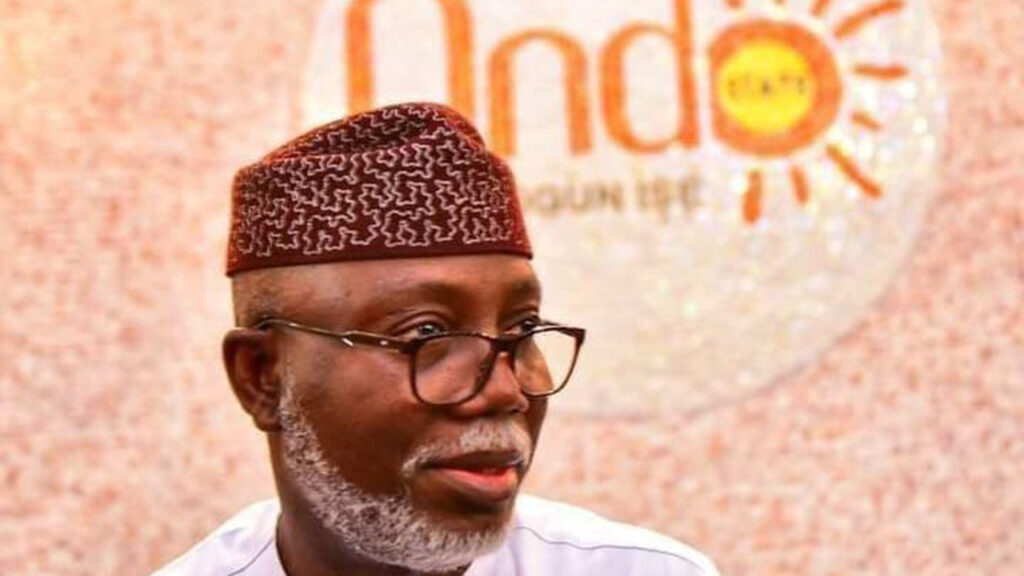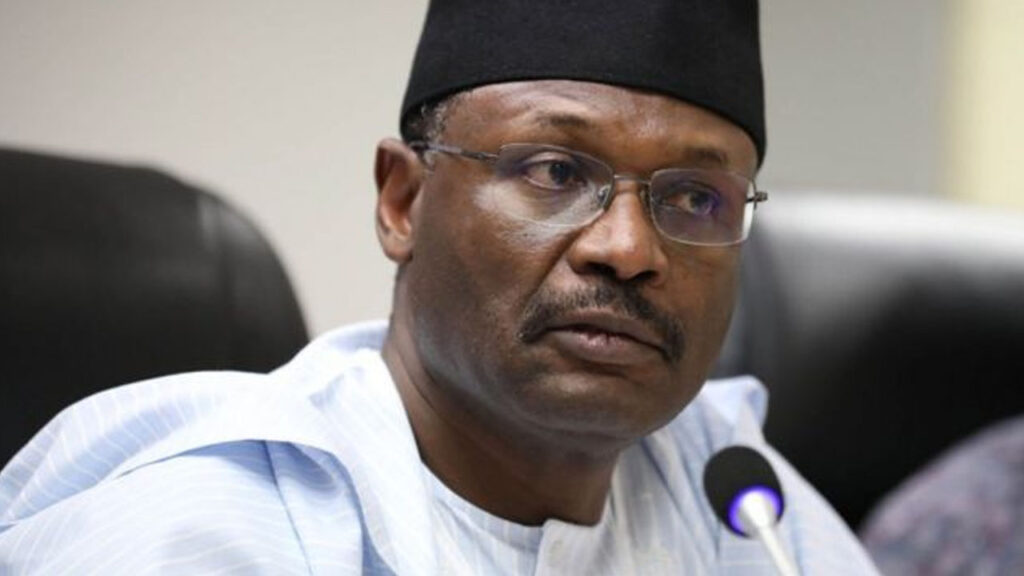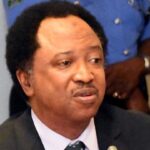Gbenga Akinwande, an engineer, is a philanthropist and chieftain of the All Progressives Congress (APC) in Ogun State. The former House of Representatives aspirant spoke to AZEEZ OLORUNLOMERU on the effects of President Bola Tinubu policies and ideologies and what must be done to ease hardship on citizens.
What is your assessment of President Bola Tinubu’s policies thus far and how they affect the country having spent one year in office?
I don’t think my view is as important as how the country is feeling. It is no news that the country is economically tight for now, which is simply because we are in the middle of the era of new policies. So, it is expected that things will happen this way because such policy changes will bring instability to the system first before stability ensues.
It would be recalled that a similar scenario happened during President Obasanjo’s first year in 1999. Even in the United States, President Barack Obama had a rough ride in his first year in office in his attempt to instill his own economic and political ideologies in governance.
So, what is happening now is expected. The only shortcoming is that the President did not make proper contingent plans to absorb ripples and shocks of those policy changes.
Many are of the opinion that he made a wrong decision by removing the oil subsidy on his first day in office without a proper plan on the effects? What is your view?
I think I have answered this question partly in your earlier question. One thing you should understand about President Bola Tinubu is that he is a democrat to the core and an apostle of western democracies, which emanated from his background as an accounting student and years of stay in the United States.
You should also understand that the President is a capitalist. Though he ran for President as a social democrat, his policies and ideologies so far have been to the far right, which is contrary to the philosophy of our people and the country. So, what the President is doing now, by embracing western democratic ideas and economic approaches, are experimental, which could be beneficial to the country in the long run. The only obstacle for him is ‘time’ because our people are hungry and want instant relief.
President Tinubu recently acted on the issue of local government autonomy by taking the matter to the Supreme Court. Do you feel satisfied that the president has finally heeded your advice?
I am indeed very happy with the action taken by the President, though the action came six months late. I gave the advice to the President in April 2023. You see the security and economic challenges we have in this country today are results of ineffective and poor leadership. What made things worse is that there has been absence of governance at the local government level since former President Olusegun Obasanjo gave the control of local governments to the state governors.
President Tinubu must further ensure that after the supreme court judgment, an executive order must be signed to make this a law and further ensure that conducting elections into the local government is the responsibility of INEC. The various SIECs should be scrapped.
I will advise the President to take advantage of this local government autonomy to stimulate and jump-start economic growth by coming up with projects and programmes that will create jobs in all the 774 local governments in the country.
Despite the various efforts by the President, why has the economy not improved?
I am very sure that the President and his entire economic team are worried that despite all that has been done since May 2023, the economy is still not responding as expected.
In April 2023, in an interview with Sunday Tribune, I advised the President-elect then to run the country as a socio-economic enterprise and not as a business enterprise. As a socio-economic enterprise, I meant that the President should embrace a bottom-up approach of leadership and economic development, instead of a top-down approach that empowers the rich over the poor.
The local government autonomy is a good example of what I told the President to do. What I think we should begin to do now is to think of how to develop our own solutions to our problems, and I would like to challenge our research and academic institutions here in Nigeria to come out with solutions to our own problems, rather than embracing western approaches that are alien to our own environment and challenges.
Can you enumerate what the President can do now to jump-start the economy?
One key challenge for this government is subsidy removal, whether it is petrol subsidy or electricity subsidy. The removal of subsidies is one major cause of inflation and instability in the economy.
My candid advice for the President is to adopt policies that will create wealth, taking advantage of local government autonomy and inject funds for rural and community development, roads construction, hospitals/health centres, create mini-industrial centres and provide loans at single digit interest rates for cottage industries within the local government areas.
We need to come up with ideas and solutions to revamp many of our dead industries, improve the business environment to bring back those industries that have left for neighbouring countries in the West Coast and discourage others from leaving the country.
There must be a change of leadership in NNPC and NNPC must be directed to give Dangote refinery priority in crude oil supply. We must also create opportunities for modular refineries if Dangote is unable to meet up in quantity and price reduction.

